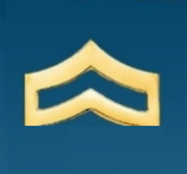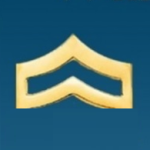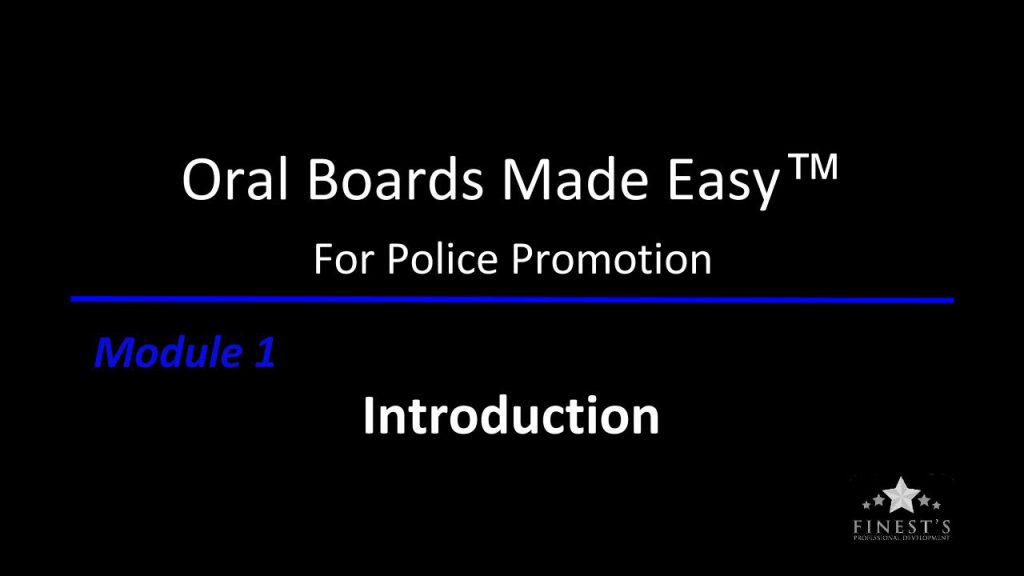Police Oral Board Interview Question:
"Why do you want to be promoted to Corporal?"
Among police oral board interview questions, those that have you explaining why you want to be promoted can be somewhat challenging. This is often due to a disparity between our self-serving reasons and the reasons that we should be sharing with the interview panel.
A key reason to ask police oral board interview questions is to determine the readiness of the candidate to serve at the rank they are pursuing.
Readiness is a multi-faceted concept; it goes beyond being able to deliver the correct answers to oral board knowledge and situational questions. While knowledge and decision making are certainly important, so are motivation and maturity.
Maturity is maturity. What I mean is that maturity is not a concept that you can study for, you either have it or you do not. Maturity will come with experience, which is why many agencies require candidates to have a certain amount of time on the job before they can test for promotion.
Motivation is different. Motivation is seeking to uncover the genuine reason the person wants so leave their current position and move into a position of greater responsibility. Where too many candidates get tripped up – especially those testing for a first line supervisor position such as corporal or sergeant – is that they either do not have a clear answer on why they desire to get promoted, they have an answer but it is a canned answer and it comes off as disingenuous, or worse yet, they only state self-serving reasons for wanting the promotion.
Now, I will be firm on this next point, your answers to all police oral board interview questions must be honest. So, your challenge is to develop an honest answer that is unique to you and focused on the benefit to your agency or your community.
In my opinion, the best place to start is the job description for the position you are pursuing. If for some reason your agency does not have such a job description, do an internet search for the rank you are pursuing in an agency similar to yours. Then take note of the duties and responsibilities and highlight 3 to 5 where you believe you excel over your competition. Finally, formulate that into an answer that puts you in the best light.
So, although “why” can be one of the more challenging police oral board interview questions to handle, you can see in this demonstation how I keep the focus on the benefits to the department rather than on being self-serving.
“If you are looking for a well designed assessment / oral interview study program this is the one. The program is very reasonably priced, so don’t risk your career watching free videos or just reading articles on line. If you’re serious about getting promoted, invest in your career and use The Oral Boards Made Easy program. It will help you get promoted.”
-Promoted to Lieutenant in Massachusetts
ANSWER TRANSCRIPT:
"Why to you want to be promoted to Corporal?
“I have been serving with this agency for over 4 years now and I believe I have grown significantly over that time period. While I acknowledge that personal and professional growth is a never-ending process, I do believe I have developed myself to a level where I can contribute to the chief’s vision at a higher level by taking on supervisory responsibilities.
Before applying for this position I closely reviewed the job description to be sure that I was a good fit. As I am sure you are all aware, much of what is asked of a corporal is the same as what is asked of an officer. For example, traffic duties and enforcement, handling investigations of varying complexities, handling calls for service, and conducting proactive patrols. Having served as a field training officer for the past year and a half, I have not only successfully completed all these types of tasks, I have also trained new officers on the appropriate procedures for each.
What has really heightened my desire to serve as a corporal is the supervisory aspect of the role. I have always viewed supervisors as the chief’s representative to the patrol officers he or she is supervising. While there is a spectrum of supervisors as each is a unique person, the supervisors to whom I relate best know the policies, set clear expectations, and hold me accountable, all while helping me understand that what was being asked of me was in the best interest of the agency in its service to the community.
I believe that I am that type of leader as well and I am looking forward to influencing my personnel according to the desires of the chief, the command staff, and the fulfillment of the department’s mission. That is what discipline is, effective direction and accountability, and maintaining discipline is one of the essential functions of a corporal.
Another one of my strengths is in report review. I have always taken pride in my written work products and I have instilled the importance of excellent report writing with the new officers I have trained. I know that I will have officers reporting to me who have more time in this department than I, but I am also confident that I can review and correct issues that need correcting by using a democratic leadership style.
Lastly, corporals are responsible for training their personnel. And unlike the one-to-one training that I have done as an FTO, I will also be called upon to do group training for my entire team. I have been preparing for this opportunity through the work that I have taken in my college classes as well as research that I have been doing on effective training techniques for law enforcement.
All in all, I am not pursuing this corporal position blindly. I have placed myself on a deliberate path to serve at a higher level in this organization because I believe I can contribute to the operational effectiveness and personnel growth that will be expected of me as a corporal.
And that is why I am seeking this promotion.”
